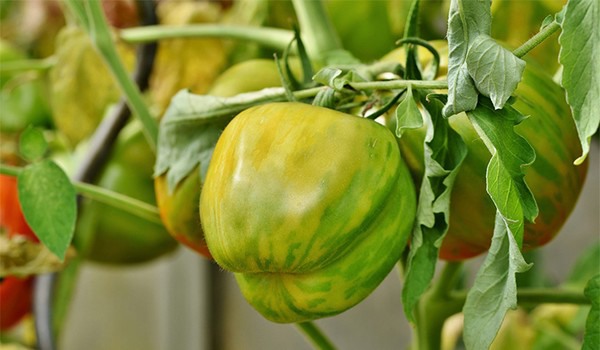The Coordinator of Agricultural and Livestock Organizations (COAG) of Almeria has warned about severe problems caused by pests this season, hitting crops such as tomatoes, zucchini, or bell peppers in the form of virosis.
"We are dealing with a very problematic situation, which is also forcing some farms to abandon their production. In the case of zucchini, around 30% of the production has been uprooted in the first three weeks of November," reports the provincial secretary of COAG Almería, Andrés Góngora.
Tomato is another vegetable that is suffering the impact of the rugose virus, although it is being kept under control, while bell peppers are being greatly affected by thrips. The overall situation is resulting in severe problems for production, so COAG Almeria is asking for urgent action and solutions, especially given the impact of climate change, which is bringing high temperatures at unusual times of the year, threatening to perpetuate the appearance of pests at each campaign start and to increase their intensity and virulence.

Some of the most immediate measures include a new approach to the regulation of phytosanitary products and their control methods. Andrés Góngora said that "during the negotiation of the Regulation on the Sustainable Use of Phytosanitary Products, it will be necessary to take the current situation into account, become more flexible and offer more possibilities under certain conditions."
At the regulatory level, there should also be a political debate to find new ways to control the pressure exerted by supermarket chains on the use of pesticides, as they are more driven by commercial arguments than food-related ones, forcing us to strengthen some already restrictive regulations. "This makes it harder to remain competitive and overcome situations of price crisis like the one we experienced during the first months of the campaign," said Andres Gongora, from COAG Almeria.

This context, marked by the periodic presence of pests and viruses may also be taking a toll on the organic production, the most vulnerable in these situations. "There is concern about next season's organic production because the volume is declining and the reason may well be the impact of viruses and pests. This is another reason to seek solutions and address the situation from different fields of action," said Góngora.
"Controlling the imports from third countries is now also a priority. There should be strict surveillance on the arrival of products that may carry diseases or pests, for example, through plant material and, more specifically, through seeds. We cannot continue to accept goods from places that do not uphold the same standards or have the same food safety conditions," said Góngora.
